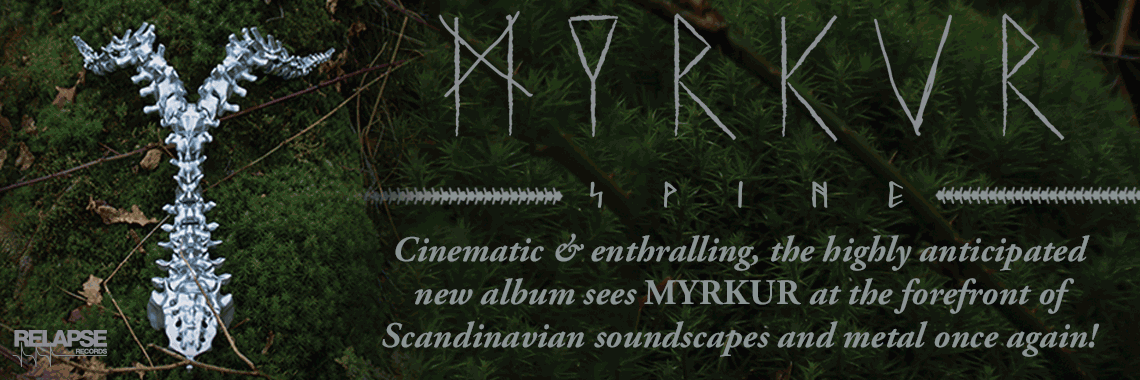Of course, the Internet has been a boon to intrepid record collectors, in the way it has opened up new distribution channels and ensured that everything you want is two clicks and a few keystrokes away. But the rise of the Internet has also placed a new premium on the act of discovery: If everything is available to everyone at all times, than the value of discovering something seemingly lost to the ages is sky-high. Uniqueness is the new currency. Just ask Sean Pelletier, whose one-man crusade to rehabilitate Pentagram started with an afternoon blowing dust off vinyl records in a treasure-hunting expedition. Or the fine folks at Drag City, who’ve had a great run reissuing metal-tinged oddities from the ‘70s and ‘80s like DWARR and Detroit’s Death.
In 2012, everything old is new again and, yet, there’s always some new/old chestnut waiting for a revival. Here’s one no one saw coming: a re-release – on Jason Flowers’ excellent Canadian label Supreme Echo – of Northern Haze’s 1985 LP Sinnaktuq, the first Indigenous rock album ever recorded in America. Originally released by the Canadian Broadcasting Corporation in a limited edition of 500 copies and distributed to libraries, Supreme Echo has recently rereleased Sinnaktuq with expanded liner notes, one additional song recorded by the original lineup in 2002 and three more tracks recorded in 2010 by Northern Haze’s reconfigured four-man lineup.
The record is pretty fascinating: Black Sabbath/ Vanilla Fudge/ Blue Cheer-style molten rock with a pronounced Jimi Hendrix influence, all sung and recorded in the group’s native language, Inuktitut. As the documentary below revealed, Northern Haze rarely ventured outside of the tiny Arctic Circle community Igloolik to play gigs – the recording sessions (coordinated by the CBC) that spawned Sinnaktuq and a handful of British Columbia festival performances were the lone exception. In 2011, the quartet (which includes three original members) reconvened after the reissue and documentary with the intention of recording a new album. If it’s anything like “Qaina,” which fuses the 4,000-year-old Inuit tradition of “ayi ayi” songs with ‘70s stoner idioms, it’s gonna be sweet.
Living the Dream: Northern Haze






